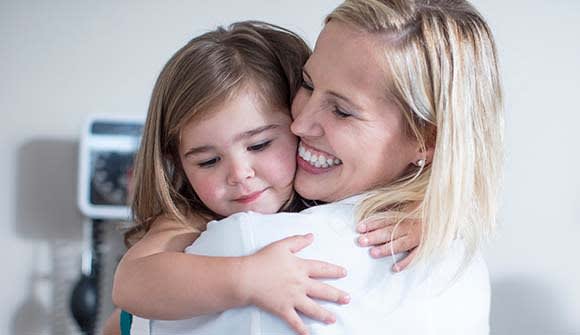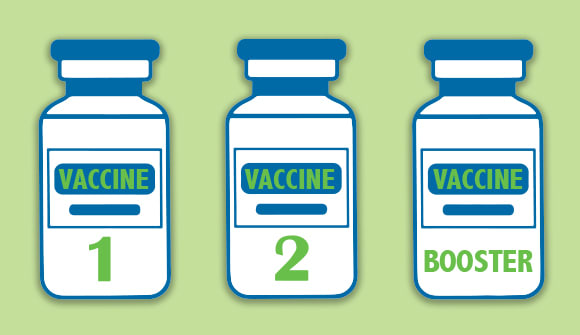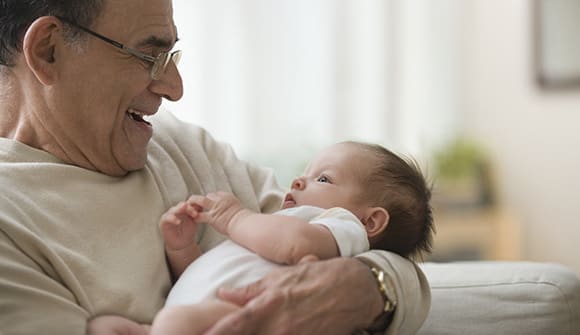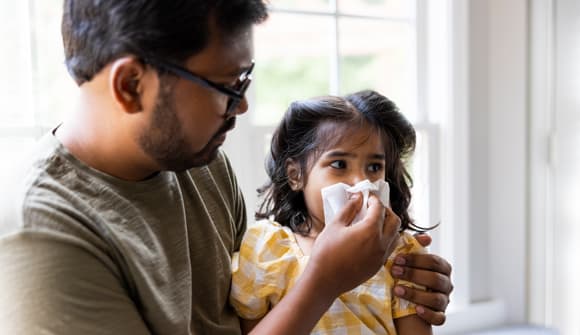Vaccinated visitors
New masking guidance rolls back restrictions for COVID-19 vaccine recipients.
Article Author: Wesley Roberts
Article Date:
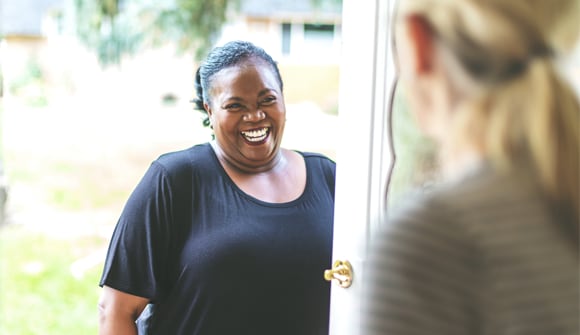
After nearly a year of hiding our facial expressions behind masks, the Centers for Disease Control and Prevention (CDC) announced new guidelines for people who are vaccinated against COVID-19 -- and it's time to show off those smiles!
In non-health care settings, fully vaccinated people can (without wearing a mask or physically distancing):
- Visit indoors with other fully vaccinated people
- Visit indoors with unvaccinated people from a single household who are at low risk for severe COVID-19
The CDC also stated those who are fully vaccinated do not need to quarantine after a COVID-19 exposure, as long as they don't have symptoms.
Fully protected
Here's the key: it's important to know what "fully vaccinated" really means. If you received the Pfizer or Moderna vaccine, fully vaccinated means at least two weeks have passed since you received the second dose in the two-dose series. For the one-dose Johnson & Johnson vaccine, fully vaccinated means you got your shot at least two weeks ago.
"The COVID-19 vaccine is extremely effective, but it doesn't work right away," explained Elizabeth Ransom, MD, FACS, executive vice president and chief physician executive at Baptist Health. "It takes time for your immune system to respond and provide protection against the virus."
So if you've been vaccinated, you can finally give your vaccinated loved one a hug, just make sure it's been at least two weeks since you each received your last dose.
Continue to use caution
This news from the CDC doesn't mean it's time to drop all precautions.
"Vaccinated or not, we all still have a very important role to play in slowing the spread of COVID-19," explained Dr. Ransom. "This is especially important as new strains of the virus emerge."
Fully vaccinated people should continue to wear a mask and physically distance:
- In public
- When visiting with unvaccinated people who are at increased risk for severe COVID-19 or who have an unvaccinated person in their household who is at increased risk for severe COVID-19
- Those who are at increased risk include active smokers and individuals with cancer, chronic kidney disease, COPD, Down syndrome, heart disease, immunocompromised state, obesity or severe obesity, pregnancy, sick cell disease, and diabetes
- When visiting with unvaccinated people from multiple households
Like all others, fully vaccinated people should continue to avoid medium and large in-person gatherings and get tested and quarantine if they experience COVID-19 symptoms.
"If you needed another reason to get vaccinated, safely spending time with loved ones without a mask is definitely compelling," said Dr. Ransom.
At Baptist Health, we want to help keep our community informed about COVID-19. For more information about COVID-19 vaccines as they become more widely available to the public, visit baptistjax.com/covid19vaccine.
